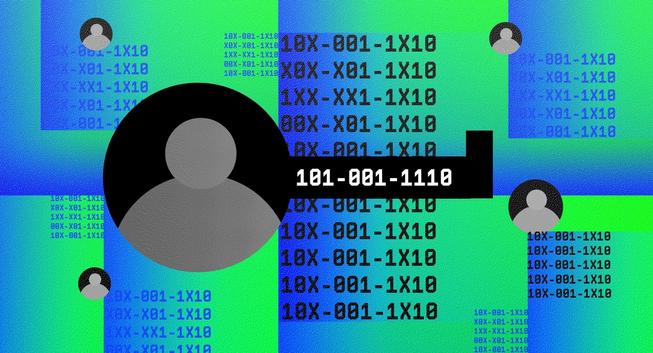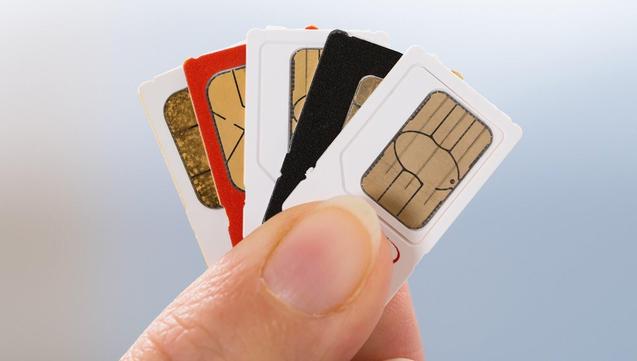They weren’t saving for themselves.
They were saving for their mom.
Justin Chan and his sister shared a bank account — it was used to pay for their elderly mother’s care.
One night, while they were asleep, a stranger stole their phone number.
Not their phone.
Not their passwords.
Just their number.
With that, the attacker intercepted their 2FA codes, broke into their Bank of America account, and executed three wire transfers totaling $38,000.
- $20,000 went to a known felon’s account
- $18,000 was funneled through Robinhood and cashed out
All in under three hours.
The bank didn’t respond at first. Robinhood denied responsibility.
It wasn’t until media pressure mounted that the money was finally returned.
But imagine the stress, the helplessness — when the money meant to care for someone you love vanishes.
That’s the hidden cost of SIM-swapping.
It’s not just financial. It’s emotional. It’s destabilizing.
And most people don’t see it coming until it’s too late.
This entire situation could’ve been avoided with better safeguards at the carrier level — or stronger default protections from mobile providers.
At @Efani, we exist because this story keeps repeating.
Because no one should lose their peace of mind — or their parent’s care funds — to something as preventable as a SIM-swap attack.
Secure your number like your future depends on it.
Because sometimes, it does.
#MobileSecurity #SIMSwap #CyberSafety

![Screenshot van een stukje uit https://security.nl/posting/912530
Microsoft Authenticator: stommer en lastiger kan niet
Ook account lockout is supersimpel: ik heb zojuist Microsoft Authenticator geïnstalleerd op m'n Android smartphone. Inderdaad stond "Cloud backup" standaard uit: aangezet.
Daar moest ik een Microsoft account voor hebben: voor "create" gekozen en een test-Gmail account opgegeven. De bevestigingsmail met pincode arriveert in mijn spambox.
Mijn nieuwe MS account heb ik verder aangemaakt zonder dat er ergens om een wachtwoord werd gevraagd (alles, behalve m'n gmail checken, vond overigens plaats in de Microsoft Authenticator app). Na het aanmaken van het account krijg ik een melding dat de backup is mislukt. En de knop "Cloud backup" is weer uitgezet.
Microsoft Authenticator gesloten en weer
[...]](https://files.mastodon.social/cache/media_attachments/files/115/548/906/844/600/094/small/9dd2b836c93dc3a3.jpeg)







